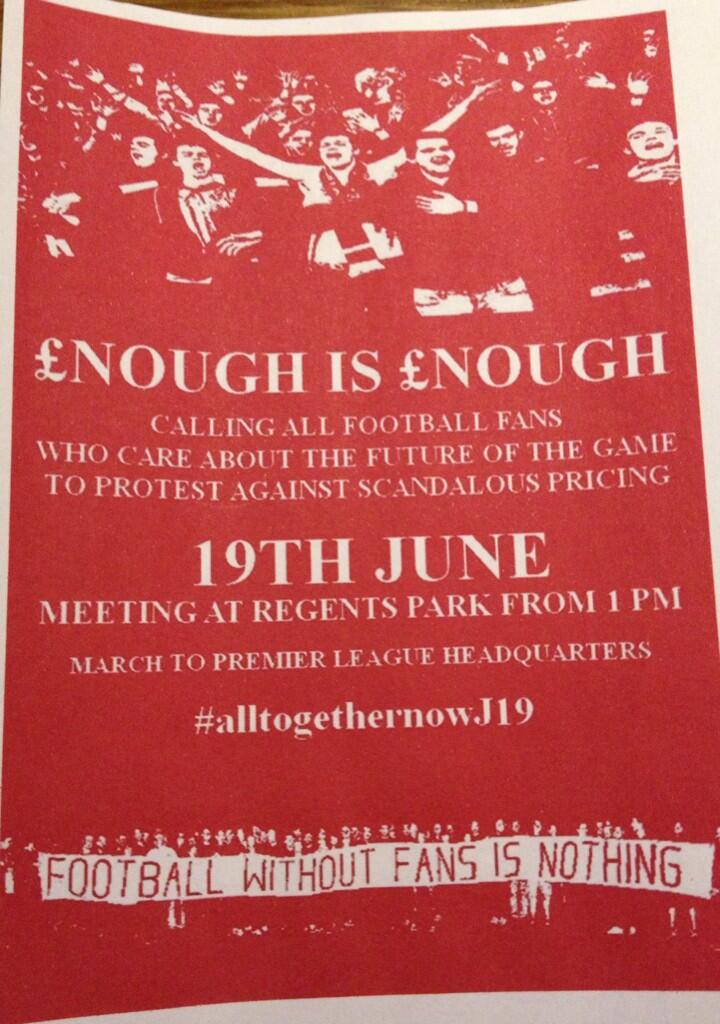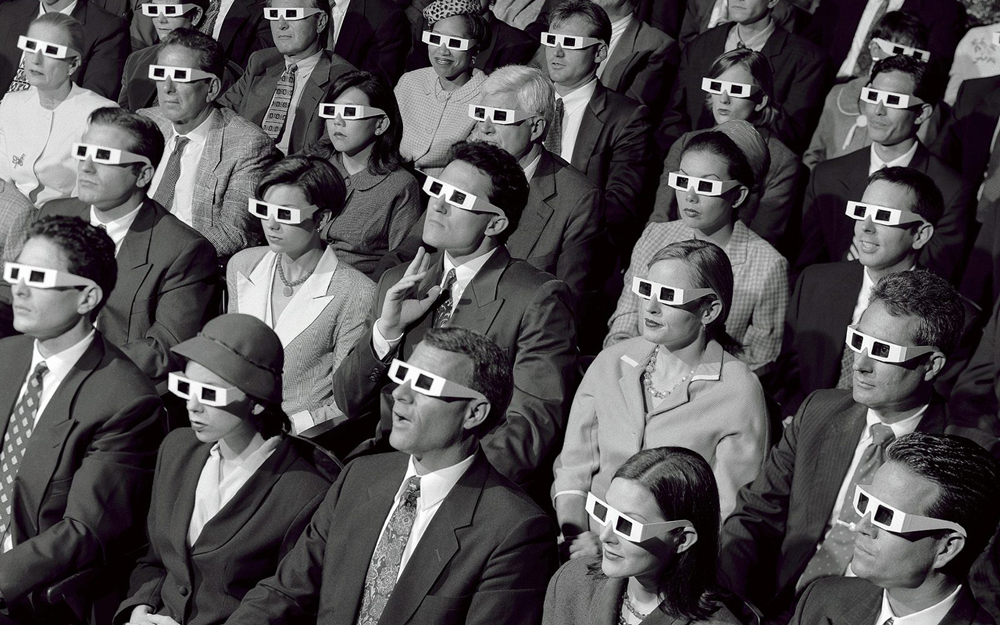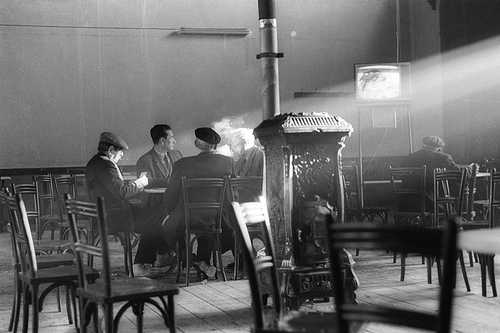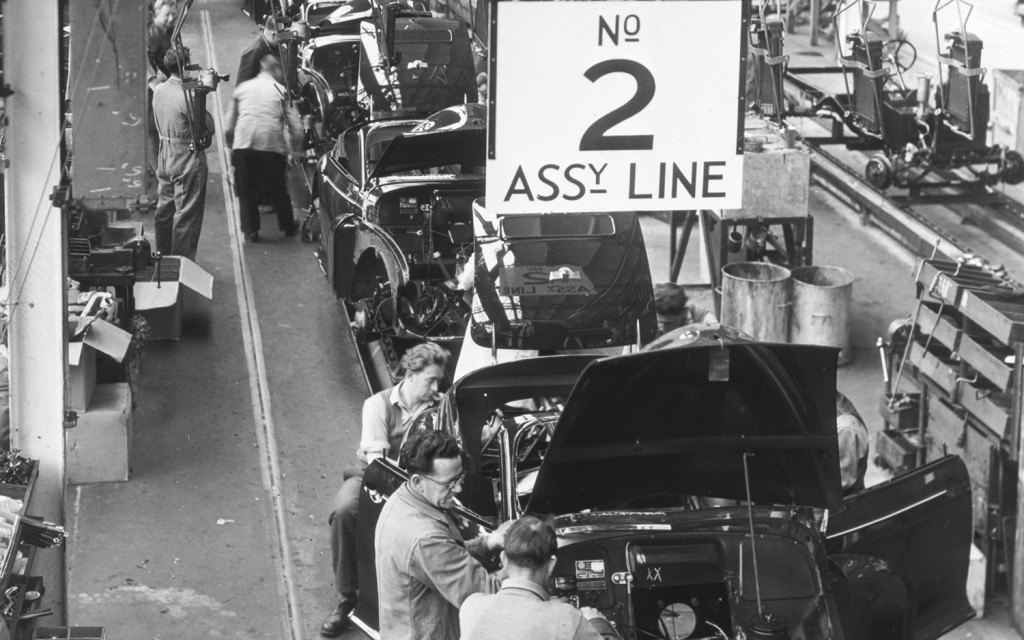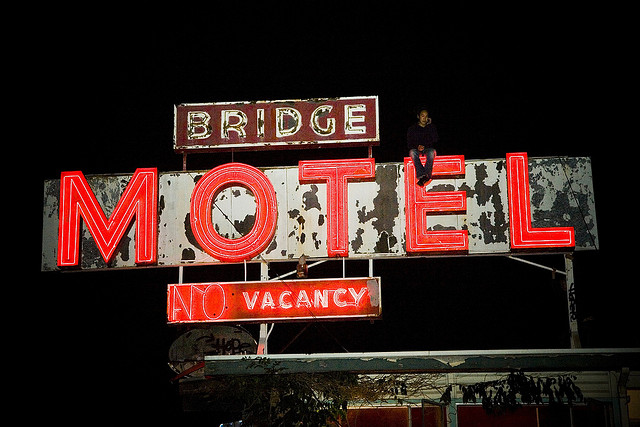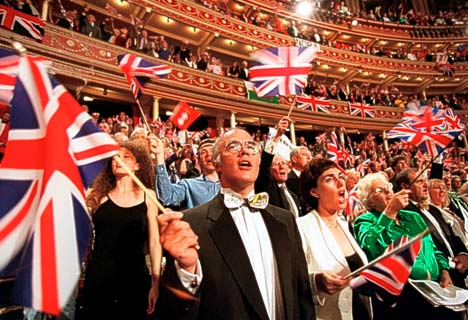In the New Yorker this week, Malcolm Gladwell reviews (with high praise) a new biography by Jeremy Adelman, Worldly Philosopher: The Odyssey of Albert O. Hirschman. I have not read the biography, but I do highly recommend Gladwell's essay. One of Hirschman's most famous works is Exit, Voice, and Loyalty. What do we do when we become unhappy in one of our business relationships: a coffee shop whose service is not as friendly as it used to be, a workplace that has become problematic? Traditional economic theory as taught in textbooks answers: … [Read more...]
Event planning
At the Freakonomics blog, thinking about how to generate revenues from creative goods when digital copies are so readily available: Products – especially digital ones – are often very easy to copy. But experiences can be highly copy-resistant. Just think of music: it’s easy to pirate a song, but it’s very difficult to effectively pirate a live show. The Los Angeles Times reports on a package deal to fans waiting for World War Z: The package will include an advance screening in RealD 3-D of the Brad Pitt movie at select theaters nationwide … [Read more...]
The enduring mystery of scalpers
I posted re scalpers a few weeks ago. The forthcoming New York Times magazine has a story on ticket resale. It is, well, unsatisfying. The problem at hand is this: if so much money is to be made through ticket resale, why have the artists or concert promoters not done what they can to capture that money? Why leave it on the table for scalpers and StubHub? Put in other terms, why aren't initial ticket prices closer to the level where the resulting demand would more closely approximate the capacity of the venue? From the Times: [Bruce] … [Read more...]
Two-part pricing in the cafe
The Huffington Post reports: A new cafe in Wiesbaden, Germany is proving the old adage that time is money. Instead of charging for coffee, Slow Time Cafe is charging for time. When customers enter the cafe, they are given a wristband with the time, and charged €2.00 (about $2.59), which covers the first half hour. Then, they are charged €0.05 per minute ($0.06), or €3.00 per hour ($3.88). They are allowed to have as much coffee as they want, and can bring in their own food. Can this make sense? I've posted about the two-part pricing … [Read more...]
Efficiency and Innovation
Yesterday I posted on recent economic research regarding women's and men's wages, and the impacts, perceived or real, on marriage and family. I would be writing up another post on pricing, the ostensible topic of this blog, were it not for a new post by economist Emily Oster at Slate on the household division of labor. She asks whether it is efficient for partners in a household with children to specialize, one in the market workforce and the other managing the household (trivia: the etymology of "economics" is from the Greek for household … [Read more...]
Breadwinners
My day job is teaching applied economics to students in the Masters program in Arts Administration at Indiana University (including the topics I cover in this blog). Ours is a residential program, and the students are for the most part young, with only a few years in the work force, if any, and they are looking to launch a career in arts management. The class is typically over 90% female. What should I tell my students about gender in the workplace and at home? Two recent studies are relevant. The first comes from Marianne Bertrand, Emir … [Read more...]
Talking seniors discounts on the radio
This post on why seniors get discounts on tickets received some commentary, and there's a chance for even more: I'll be discussing the issue on Wisconsin Public Radio's At Issue, with host Cynthia Schuster, Thursday 3:00 - 4:00 Central. As a fellow Canadian once sang, call me at the station, the lines are open ... … [Read more...]
Dynamic pricing in a disaster
Dynamic pricing involves adjusting prices for a specific product in light of new information regarding consumer demand (see my earlier post here). Airlines and hotels will increase prices for a specific flight, or a room on a particular night, upwards if sales on those items are more brisk than was anticipated (and they will lower prices if sales are more sluggish than expected). It is also applied in the arts, although rarely, perhaps with good reason: it takes attention and effort to constantly monitor demand and choose new prices, and … [Read more...]
Why do seniors get discounts?
From the Priceonomics blog: You’ve seen them on the bus, in museums, and at movie theaters: senior discounts. As a reward for being old, senior citizens pay a quarter less for bus fare, a small fortune less for movie tickets, and receive discounts generally all over the place. If you’re a twentysomething, or part of what some journalists have colorfully called “the screwed generation,” you may be wondering: why not me? The idea that seniors are a group in need of help and protection dates back to the thirties, when America’s senior … [Read more...]
Scalpers
The Observer reports that scalpers (or touts) are making a killing on tickets for the Proms: One unofficial online site is offering seats for the Doctor Who-themed Prom on 14 July for £500, compared with the official flat-rate price of £12. A ticket for the first night on 12 July is offered for £400, against an original value of £38. It is not just fans of the Proms who will be disappointed this summer. Many events in the coming months have already sold out – including the Rolling Stones' Hyde Park concert – with the only tickets available … [Read more...]

